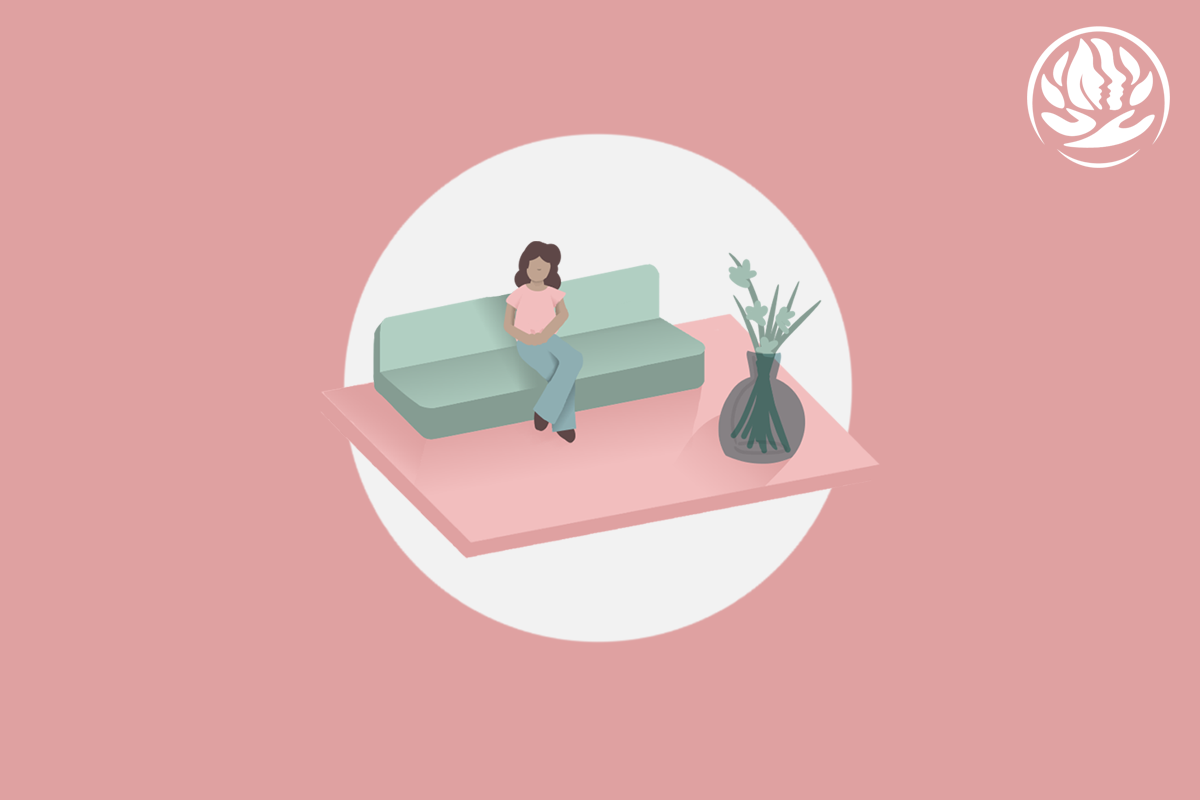Breaking Therapy Stigmas
Sandy Nguyen

For those who make a huge step in expressing to our parents that we need mental health services, oftentimes their reactions might not be what we were expecting. The first time you brought up the word “therapy” to your parents, maybe they said, “What’s that?”
Upon finding a Google translation for it, along with the approximation for the word “psychologist,” you brought the terms to them, expecting a wholehearted response. But perhaps they were confused. “That’s for white people, you don’t have white people problems!” Perhaps in their country, the concept of depression is synonymous with the word “crazy” or is associated with a physical ailment. This is the case for many Asian American youths and is one of the many complicated layers of choosing to share your mental health journey with your parents.
Looking back on 2020 alone, with the increase of racial trauma, anti-Asian rhetoric and violence, job loss, poverty, stress affecting substance abuse, the COVID-19 pandemic, being immunocompromised, dealing with deaths in the family, long term disabilities after recovering from COVID-19, political turmoil, generational trauma, etc., it’s clear that mental health services such as therapy are not a resource just for white people. All of these things impact all communities, and therefore we all benefit from these resources.
In the context of Asian American communities, many of our immigrant parents may not want to seek outside help because we tend to try and keep issues within the family. In addition to stigma and the model minority myth, which teaches us to downplay our issues, the rough childhoods and different cultures our parents may have come from causes them to perceive and deal with mental illness/trauma differently. In many Asian cultures, these issues can impact the idea that families/individuals do not want to “lose face” and have a bad reputation for seeking mental health services. We also may have grown up in cultures where our individual feelings are not as important as the greater community’s issues and that it can be shameful or selfish to “air out your dirty laundry.” They may see issues related to mental illness as a personal flaw, as something that could only happen “to privileged Americans” because they were never given the chance to process their own trauma.
For example, many of us may have been told, “Back in my country, when I was your age, I used to starve every day so my sibling could eat - so be happy you only have to worry about school and never go through what I did.” This way of thinking, unfortunately, harms both the parent and child and makes it more difficult to seek validation for our struggles out of fear of being called too sensitive or soft. A lot of our cultures also push the connection between “hard work” and happiness/success. So if you’re struggling in life mentally/emotionally, then it’s because “you’re not working hard enough.” This only further blurs the line between what we see as being resilient versus ignoring our emotional and psychological needs.
There are a few things we should be conscious about before reducing therapy to just a “thing for white people”:
Many of our family members, especially our parents, come from countries that do not have access to the appropriate resources for treating mental illnesses.
When members of marginalized identities DO seek mental health services, they report being unsatisfied with or face interactions with therapists who have not studied the historical and cultural context of each Asian ethnic group.
There are not enough Asian therapists or professionals with API backgrounds in this field.
When we see portrayals of those experiencing mental illnesses in books and media (Silver Linings Playbook, It’s Kind of a Funny Story, The Perks of Being a Wallflower, Little Miss Sunshine, Girl, Interrupted), we’re not a part of that representation.
There are Asian doctors, dentists, and surgeons, but not many Asian psychiatrists, psychologists, and therapists. One of the main reasons why so few Asian American licensed mental health professionals exist is because a profession in mental health is not looked upon as prestigious the same way a career as a doctor, lawyer, or engineer is.
Moreover, not many API therapists can offer services in a language other than English, which excludes first-generation Asian immigrants and/or those with limited English proficiency.
Considering an intersectional lens, low-income, disabled, queer/trans, first-generation immigrant individuals are at risk because the resources are not readily available or appropriate for them.
Despite these gaps in resources, we do have control over what we do as individuals. We can still raise awareness about the benefits of therapy and make the decision to go ourselves when we find someone who works best with us. Therapy is a great place to help improve our communication and relationships; recognize unhealthy behaviors; and develop strategies to express our needs and advocate for ourselves. When we have therapists who are understanding of and/or come from our racial/ethnic backgrounds as well, we have access to more individualized healthcare. There is less of a chance of being misunderstood, being gaslit by, or receiving microaggressions from your therapist. Furthermore, there is a greater connection when someone understands how/why you may be struggling with your mental health and traumas and what services, as well as how the services are delivered, may help you the most.
This doesn’t mean that any Asian American therapist will be the perfect therapist for you. Among Asian Americans, we all have different histories, experiences, and traumas.
